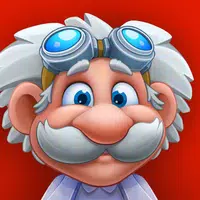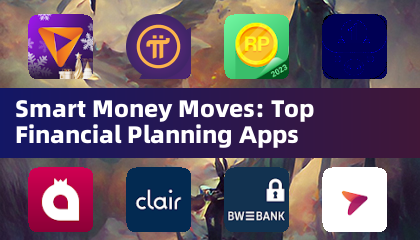Microsoft's recent unveiling of an AI-generated interactive demo inspired by Quake II has ignited a heated discussion across online platforms. This demo, utilizing Microsoft's Muse and the World and Human Action Model (WHAM) AI systems, aims to dynamically generate gameplay visuals and simulate player behavior in real-time, without relying on a traditional game engine.
According to Microsoft, this tech demo allows Copilot to generate gameplay sequences reminiscent of Quake II. Each player input prompts the AI to create the next moment of the game, offering an experience akin to playing the classic game. Microsoft sees this as a step towards shaping the future of AI-powered gameplay, describing it as a groundbreaking approach to game interaction.
However, the reception has been overwhelmingly negative. After Geoff Keighley showcased the demo on X/Twitter, the response was largely critical. Many users expressed concerns over the future of gaming, fearing that AI-generated content might replace the human element in game development. Some criticized the demo's quality, with one Redditor even suggesting that imagining the game was a better experience than playing the demo.
Despite the backlash, not all feedback was negative. Some users acknowledged the demo's potential as a tool for early concept development and praised the advancements in AI technology, although they recognized that the current state is far from ready for full game implementation.
The debate over generative AI in gaming comes at a time when the industry is grappling with significant layoffs and ethical concerns. Companies like Keywords Studios have tried and failed to use AI in game development, highlighting the technology's limitations. Meanwhile, other firms, such as Activision, have cautiously integrated AI into their projects, like with Call of Duty: Black Ops 6, amidst public criticism.
The discussion also touches on broader industry issues, as seen in the reaction to an AI-generated video featuring Horizon's Aloy, which was used by actor Ashly Burch to highlight the ongoing demands of striking voice actors.
As the debate continues, the future of AI in gaming remains uncertain, with opinions sharply divided on its potential and pitfalls.

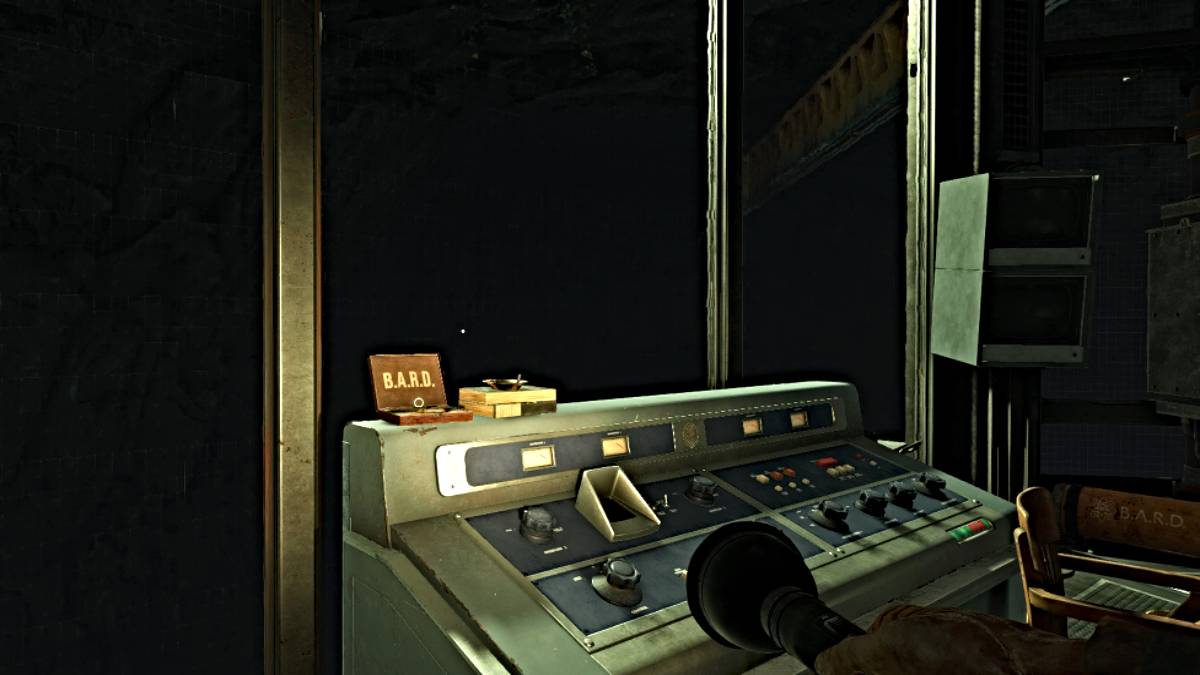
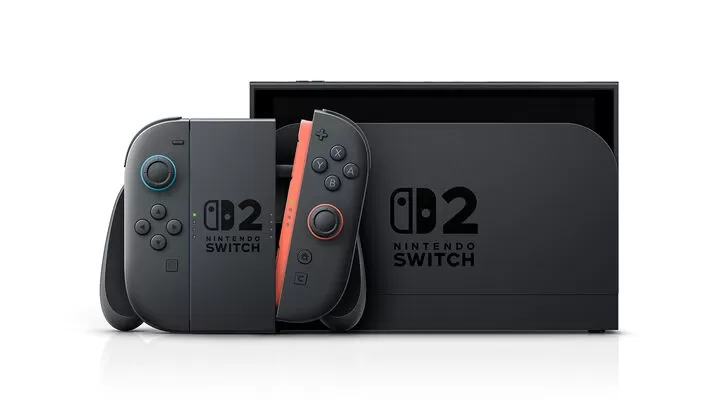
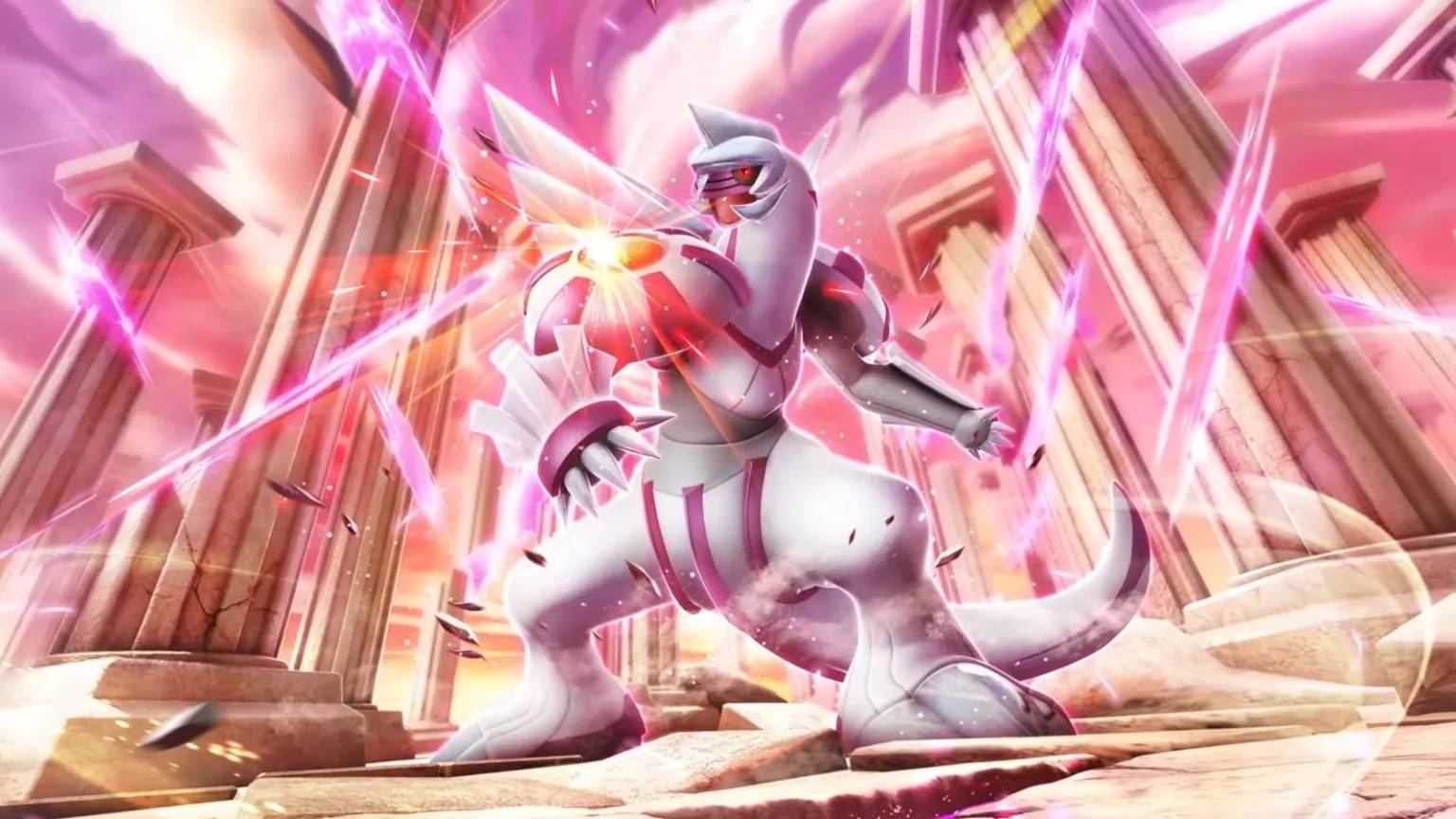
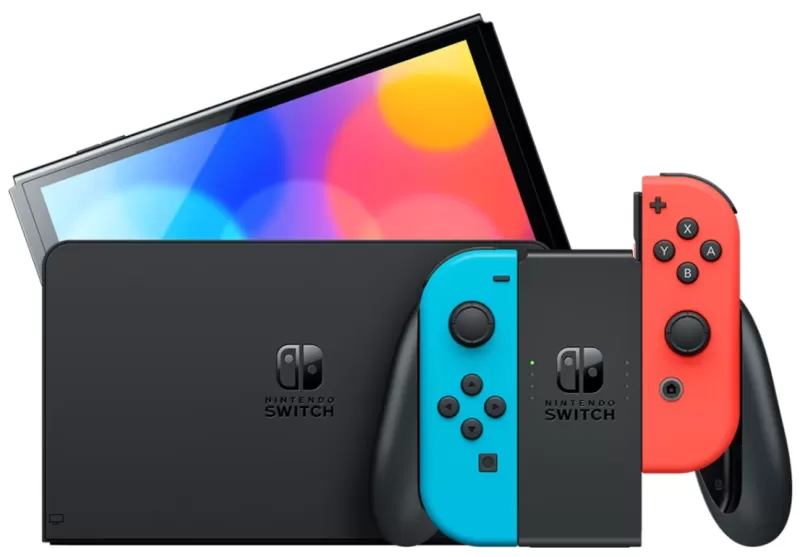
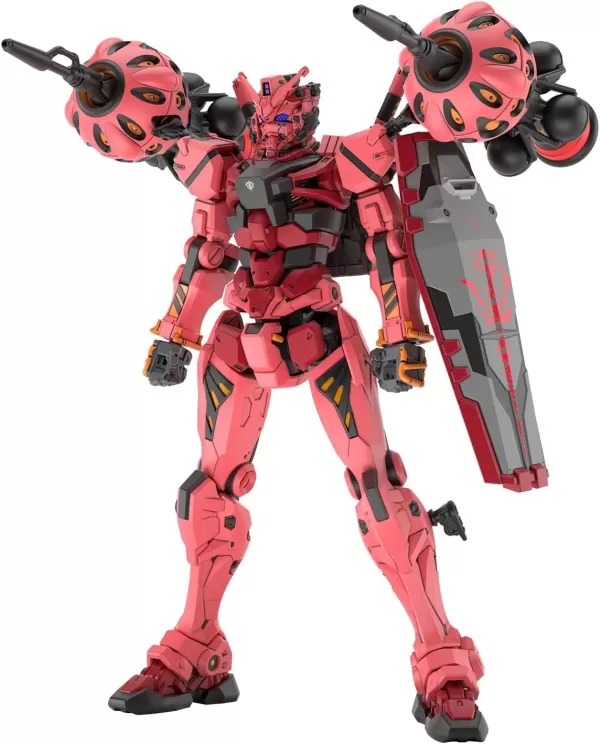









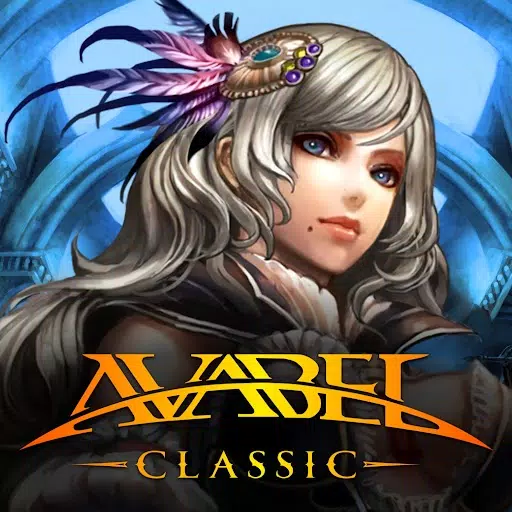
![[777TOWN]CR真・花の慶次](https://imgs.lxtop.com/uploads/30/17306704386727ef665bbee.webp)

